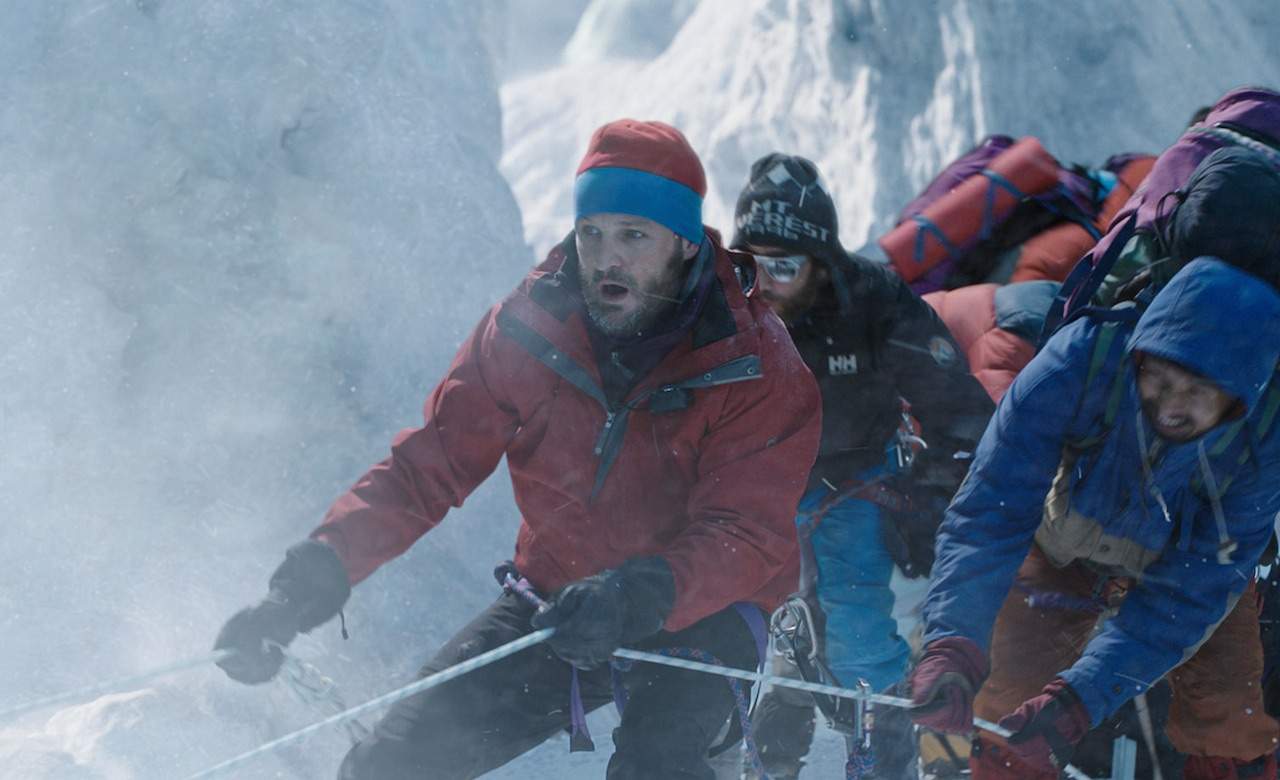Everest
Worthy of its name, Everest is a staggering and spectacular piece of cinema.
Overview
Anyone old enough to remember the mid-'90s will likely recall that something happened on the world’s tallest mountain back in May 1996. Something bad. But how bad? Well, the specifics are probably a bit hazy. That’s why there’s always the great temptation with movies based on real events to look up what happened before you see them. Sometimes it’s to make sure you’re across the facts or so that you don’t get confused, but usually, if we’re honest, it’s so that we don’t spend the whole film wondering who lives and who dies.
Everest is one such film, and whatever you do, avoid turning to the internet until the credits have rolled. Genuine, compelling tension is such a rarity in modern cinema that to rob yourself of the experience when it finally presents itself would be madness.
And boy does it present in Everest. To behold the ordeal at the centre of this tale is to almost endure it on a miniature scale. The film is relentless and punishing, leaving you exhausted, shaking and breathless. "Human beings,” explains the expedition’s leader Rob Hall (played by Jason Clarke), “simply are not built to function at the cruising altitude of a 747. Our bodies will be literally dying.” Thanks to the extraordinary team behind Everest, you believe it. Heck, you feel it.
This is an ensemble movie done the right way, where nobody engages in scene stealing despite some big names scattered throughout. Sam Worthington, Jake Gyllenhaal, Keira Knightley, Josh Brolin, Robin Wright, John Hawkes and Emily Watson all join Clarke with committed but reserved performances that ensure the focus remains on the film’s true star: the mountain. Granted that sounds incredibly trite, but the scale of this film and its sumptuous cinematography all serve to reinforce both the grandeur and the peril of such an extraordinary place; “another beast altogether”, as Hall described it.
To date, more than 250 people have died climbing the mountain, and the means of their demise are more varied than you might expect. The difference between this film and so many other recent offerings, however, it that instead of sensationalising nature, Everest simply shows humility towards it.
In light of its wretched and treacherous conditions, one well might question why anybody would ever even consider summiting Everest, but the film has an answer for that, too. Several, in fact. Some try for the thrill, others for the challenge, and one extraordinary mailman attempted it purely for the symbol and inspiration it might provide others back home. More importantly, though, for those who actually make it — those few exceptional climbers who literally reach out and touch earth’s upper limit — the moment of exhilaration and accomplishment is so powerful and affecting that you’re moved to tears.
It is, in short, an exceptional and experiential film with a story steeped in both tragedy and indomitability. Worthy of its name, Everest is a staggering and spectacular piece of cinema that deserves to be seen.





